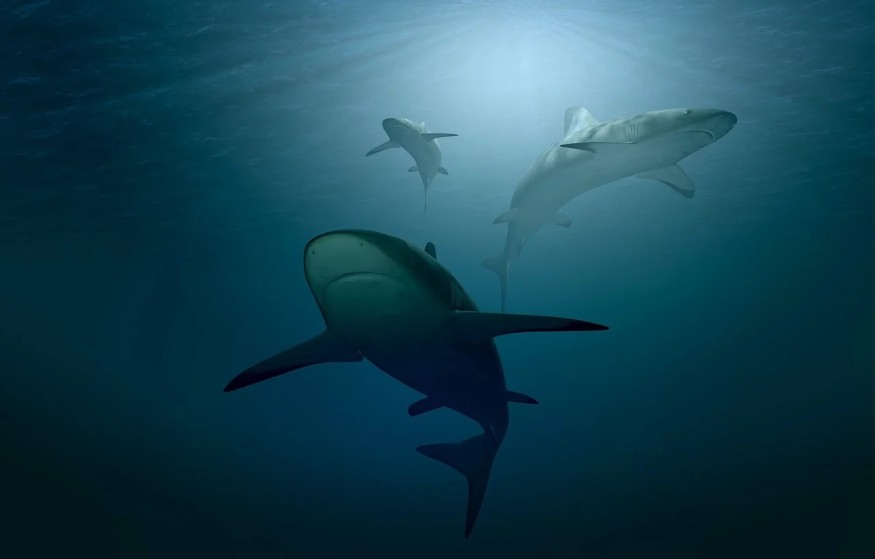A conservation group raised alarm on the impact of using oil derived from sharks for the development of coronavirus vaccine, warning that it could kill half a million sharks and endanger the shark population worldwide.
Benefits of Squalene
Squalene, a compound harvested from shark livers. It is commonly used in cosmetics, as a moisturizing agent but it is also used in malaria and flu vaccine to help boost the response of the immune system.
Squalene is also used in pharmaceutical products and vaccines in its purified form. The influenza vaccine (FLUAD, Chiron), for example, uses 10 mg of squalene per dose. It comes in the form of an emulsion and is added to make the vaccine more immunogenic. It is also used to improve the efficacy of experimental vaccines such that of pandemic flu and malaria vaccine. Squalene itself is not an adjuvant, but emulsions of squalene with surfactants tend to improve the immune response of the vaccine.

READ: Breathtaking! Cuvier's Beaked Whale Breaks Diving Record, Not Just for Whales, But for Mammals
Millions of Sharks Killed for Squalene
Shark Allies, a conservation group that calls for action towards the protection of sharks. According to the group, approximately 3,000 sharks are necessary to produce 1 ton of squalene. As it is, it is estimated that 2.7 to three million sharks are killed annually for their squalene alone.
The group estimates that based on the number of sharks vis-à-vis the human population demand for the coronavirus vaccine, approximately 500,000 of sharks had to be killed to produce the vaccine. The numbers are based on the assumption that a person needs only 2 doses of vaccine. However, the group said that it is likely that the COVID-19 vaccine that is being developed will require more than one dose of the vaccine may be given seasonally similar to flu vaccines.
According to Shak Allies executive director Stefanie Brendl, using squalene as an ingredient of the COVID-19 vaccine is inevitable. "As it becomes tested, it becomes the normal ingredient, and nothing else will be tested."
Brendl added that as of October 2, the World Health Organization (WHO) listed 193 coronavirus vaccines in clinical and pre-clinical evaluation. At least five of the listed vaccines contain shark squalene.
READ ALSO: Researchers Develop Tool That Could Make Fisheries More Sustainable
Squalene's Non-Animal Alternatives
Brendl said that there are more sustainable squalene alternatives. Among those non-animal sources are olive oil, sugarcane, wheat germ, bacteria, and yeast.
According to Shark Allies, the non-animal alternative to shark squalene should have indistinguishable effectiveness in vaccines. Shark Squalene is more often preferred by producers as its production costs less and it produces greater quantities than the non-animal alternatives, Shark allies added.
The dependence on shark squalene as an ingredient of experimental vaccines for COVID-19 is shortsighted, and it also prevents the exploration of sustainable alternatives, Bredl said. Shark Allies urge researchers and the government to use the non-animal squalene alternatives because we cannot rely on a wild animal resource for a global need.
Brendl recognized the importance of the development of the life-saving vaccine. But she also stressed the importance of sharks, the ocean's top predator. Saving these sharks can preserve the rest of the ocean ecosystem, including humans. Sharks keep the fish stocks healthy by keeping the food chain intact as it keeps diseases out of other animal populations.
"Good luck trying to replace that when we lose them," Brendl added.
READ NEXT: Young Humpback Whale Found in Ocean Shores, Dead Due to Blunt Force Trauma
Check out more news and information on Marine Biology on Nature World News.
© 2025 NatureWorldNews.com All rights reserved. Do not reproduce without permission.





